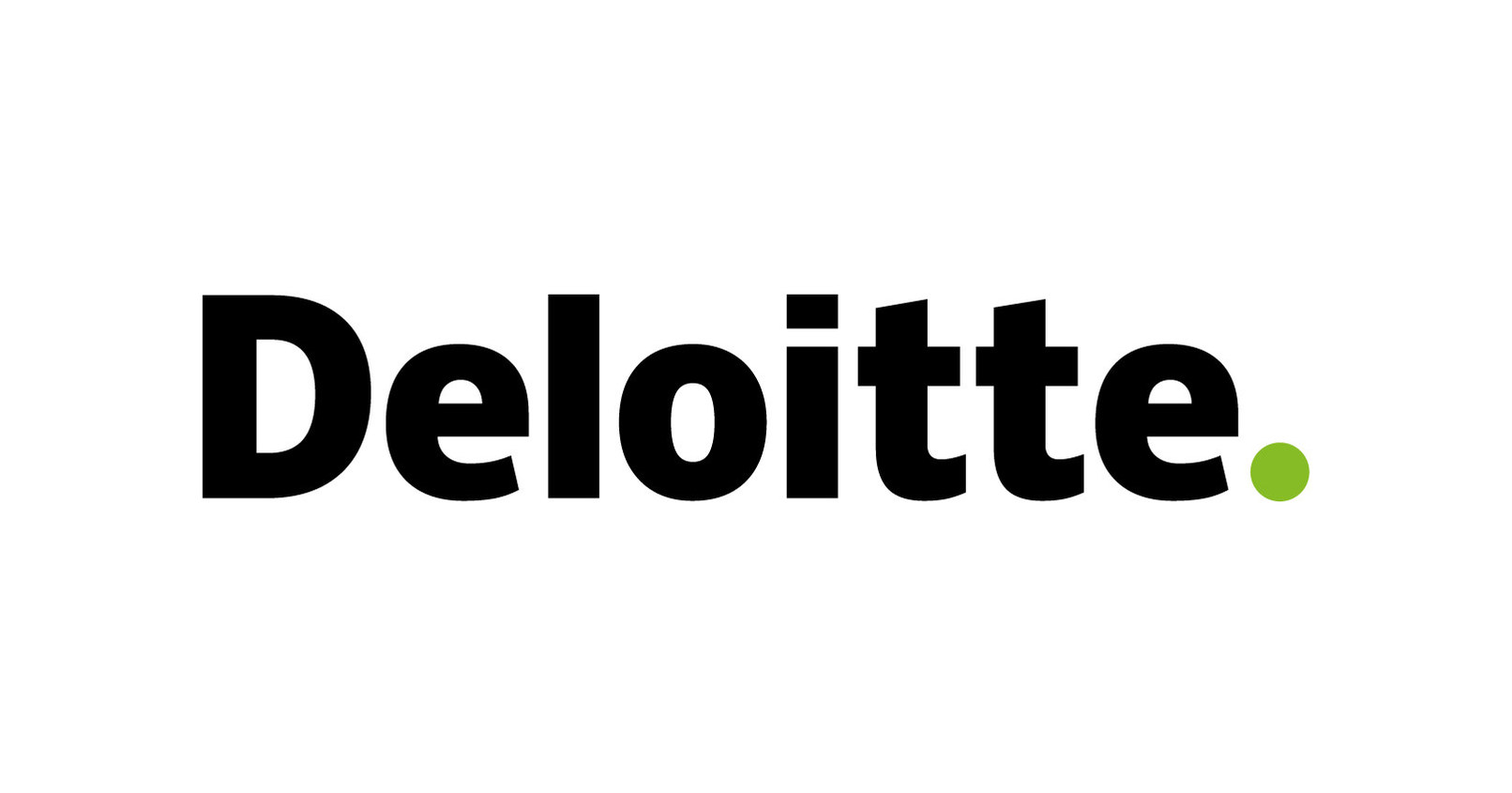Inspectors rip cities over air pollution management - Chinadaily.com.cn
By Hou Liqiang in Beijing and Yuan Hui in Hohhot | China Daily | Updated: 2025-06-24 09:05 

Teams from China's high-profile central environmental inspection on Monday criticized authorities in three cities in the Inner Mongolia autonomous region and Shandong province for poor performance in tackling air pollution.
The cities introduced heavy-polluting industries without imposing capacity limits and failed to ensure that companies completed ultra-low emissions upgrades on schedule, according to media releases from the Ministry of Ecology and Environment, which hosts the inspection office.
The monthlong inspection campaign, typically led by ministerial-level officials, is currently underway in five provincial-level regions — including Shanxi and Shaanxi provinces and the Ningxia Hui autonomous region — as well as three centrally administered State-owned enterprises. The campaign is set to conclude later this month.
Since 2022, Wuhai in Inner Mongolia, home to numerous coal mining and coking operations, has consistently ranked lowest among the autonomous region's 12 prefecture-level areas, according to the inspection team dispatched to the region.
In 2020, the regional government issued an action plan requiring coking companies to meet stricter production limits and complete ultra-low emission upgrades or switch to cleaner production technologies by the end of 2023. However, Wuhai authorities have failed to adequately implement the plan, the team of inspectors said.
Inspectors found that since 2021, the city has illegally added more than 2.2 million metric tons to its coking capacity. In addition, Wuhai has the capacity to produce more than 10 million tons of coking using outdated production techniques that result in high emissions, and the city lacks facilities to achieve ultra-low emission standards.
These violations have led to a sharp increase in emissions in Wuhai, according to the inspection report.
Some coking companies in the city were also found to be frequently emitting pollutants illegally and failing to take adequate measures to control dust generated during the production process.
Since 2022, coking companies in Wuhai have been penalized 64 times for illegal emissions. One of them, Wuhai Xinhua Kaiyancheng Coal Coking Co, has been fined 10 times. The company's nitrogen oxide emissions have exceeded annual limits for three consecutive years.
Inspectors also found that the company had dumped solid waste indiscriminately inside and outside its plant, causing thick coal dust to accumulate and severely pollute surrounding green belt areas and major roads.
"The Wuhai government, its departments and relevant industry regulators have overlooked the urgency of improving air quality. Their negligence in fulfilling responsibilities has caused persistent and recurring pollution issues," the inspectors said.
Inspectors uncovered similar violations in the Shandong cities of Zibo and Dezhou.
In Zibo's Zichuan district, several lime producers failed to control flying dust during production stages, which include the storage of raw material and product transportation.
In Dezhou, a company named Jinguan built two unapproved electric arc furnaces with a combined annual capacity of nearly 1.4 million tons. The company has produced 670,000 tons of crude steel illegally since 2022, inspectors said.
"Zibo and Dezhou have made insufficient progress in preventing and controlling air pollution," the inspectors said. "Their efforts have been marked by weak accountability, slow progress on key tasks, and inadequate daily supervision. The pollution issues in both cities are especially severe."










